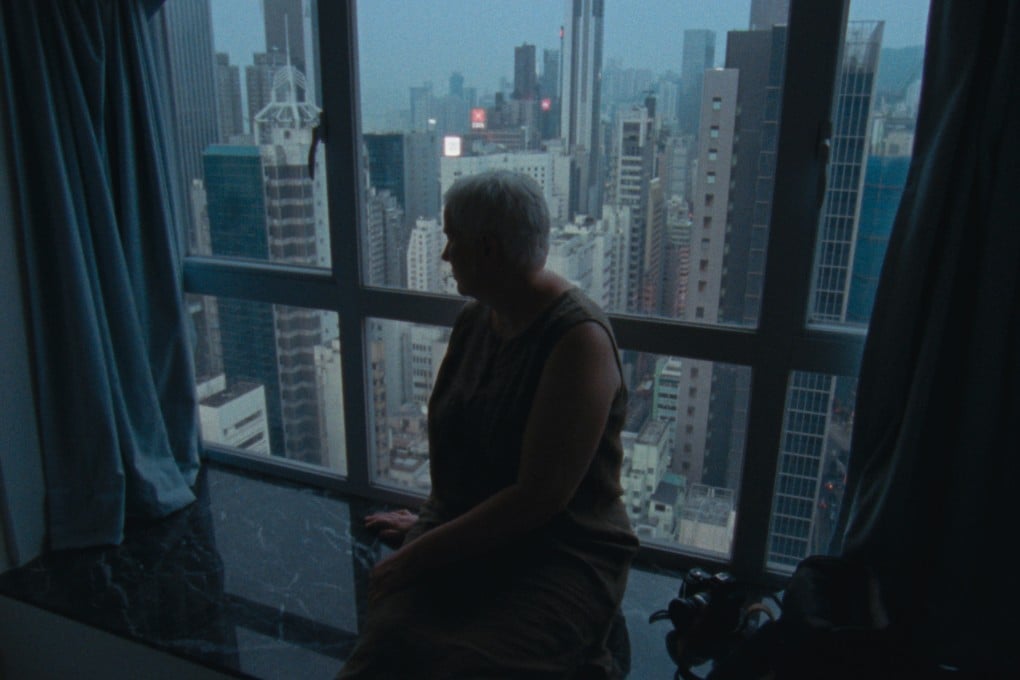In Wood and Water, 2019 Hong Kong protests are the backdrop for art-house German film directed by Jonas Bak
- A slower, more spiritual Hong Kong is depicted in German director Jonas Bak’s Wood and Water – a story about a woman’s search for her missing son
- Although filmed amid the 2019 anti-government protests, Bak keeps them in the background as he did not want to make it a political film – ‘that wasn’t my aim’

Most foreign filmmakers who shoot in Hong Kong try to capture the city’s noise and frantic pace. That wasn’t true of German director Jonas Bak, who shot his quiet and thoughtful Wood and Water there in 2019.
“The film is based around the ideas of stagnation,” Bak said in a recent interview with the South China Morning Post in New York, where he was promoting Wood and Water’s US release. The film started screening in New York from March 24, and is opening in Los Angeles on April 15, with a national release to follow.
“The first part emphasises that stagnation, and portrays the main character, Anke, reflecting on her life and her past in Germany,” he says. “Me and the cameraman had the idea of framing things like we were taking photographs, keeping things very still and being very careful and very observant.”
Fifty-year-old Anke’s journey of self-discovery starts when she leaves Germany and arrives in Hong Kong about halfway through the film to try to find her missing son.